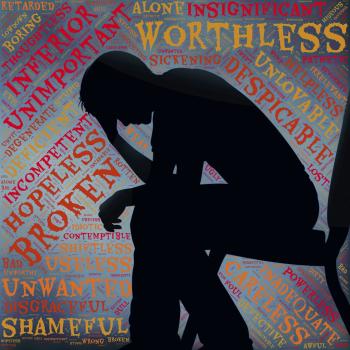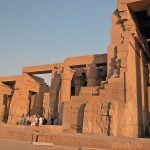A high school teacher of mine used to entertain his class by rattling off lists of oxymorons: pretty ugly, jumbo shrimp, constant variable. Sometimes he would take the opportunity to editorialize a little: military intelligence, airplane food, liberal religion. Everybody would smirk and the class would go on. The joke relied on the notion that liberal religion couldn’t exist because liberals are not religious and religious people are definitely not liberal. As if everyone knows there’s an inverse correlation between religiosity and liberalism: the more liberal you are, the less religious . . . to the vanishing point.
As with most jokes and stereotypes, there’s some truth to it. If you look at any of the traditional markers of religiosity, religious liberals are less religious than the conservative or orthodox. Liberal Jews tend to not keep kosher; liberal Muslims tend to not pray five times a day; liberal Christians have been known to have premarital sex. As religions have liberalized and modernized, communal religious practices have fallen away. Religious fervor has cooled. The logic of this may seem obvious, but there is no necessary correlation between the substance of a person’s theology and the amplitude of her religiosity. We have erroneously forged this correlation.
I thought of this a number of years ago when I was asked to lead an exercise with a group of religious liberals. I had asked them to imagine a community, based on their faith tradition, that was tight-knit,
“really religious,” and “really observant.” I asked them to envision what foods members of this hypothetical community would eat, what they would wear, how they would raise their children, and how they would spend their time and money. What practices would be required? What would be prohibited?
2/27/2018 3:39:59 PM




